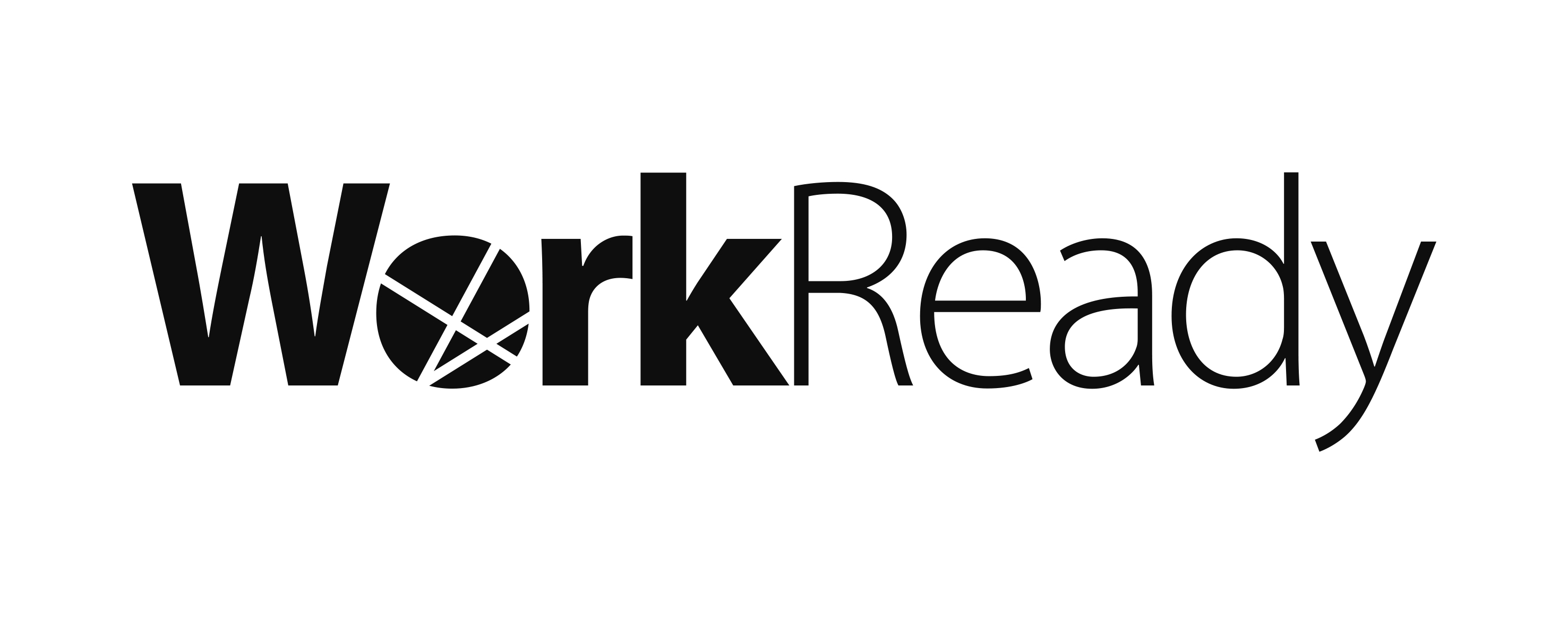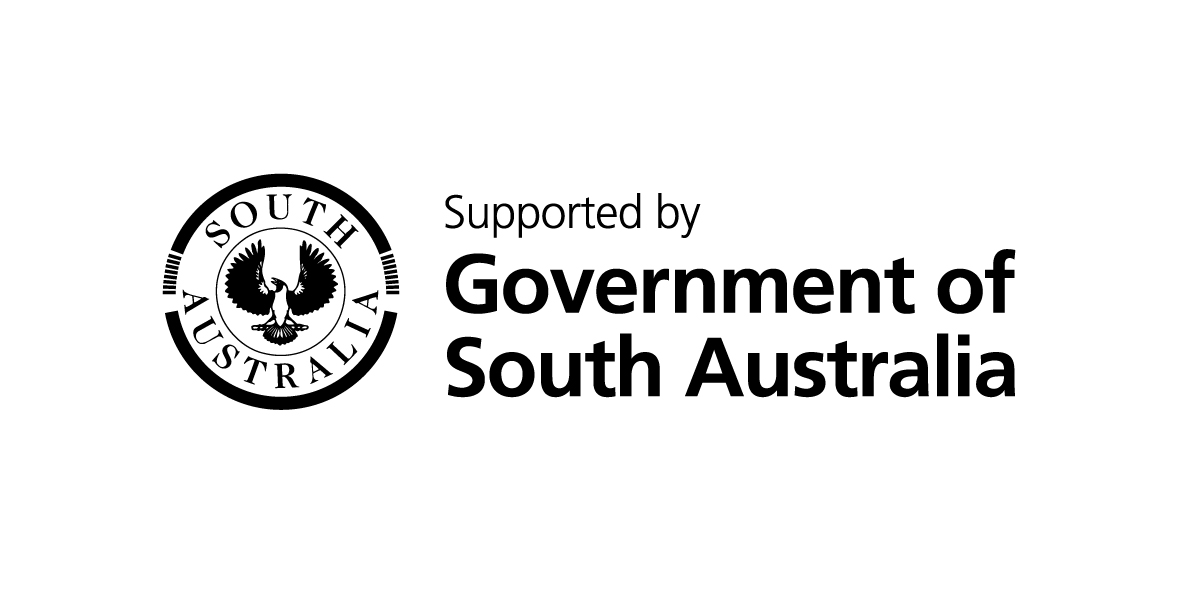Plagiarism
What is plagiarism?
Plagiarism is the act of taking someone else's material and claiming it is your own work. This can include, but is not limited to, written work, observations, curriculum planning, and QIP materials. Anything that you might make in your workplace can be plagiarised. All the work you submit for your assignments should be your own. When you submit work, you are promising that you completed it yourself and, if that is found to be untrue, there can be serious consequences. Your cover sheet is a legal document. It is here that you confirm that you have completed all assignment work yourself.
What about research?
During your assignments you will need to do readings or research about certain topics. This is perfectly acceptable. In these cases, you should always put what you have learnt in your own words. Sometimes you may want to quote someone else to highlight significant details or information. These should be used sparingly and shouldbe identified within your work through the use of quotation marks (" ") for short quotes or in a separate paragraph for quotes longer than one sentence. You must always credit who you have quoted within your work. Likewise, you should always credit where you got your research from in the form of a bibliography. A bibliography is a list of the resources you used and is clear enough that anyone reading your bibliography could track down that same resource and read it themselves. Even your readings in your training materials should be listed.
What about collaboration?
Sometimes in your workplace you will be working on things with your co-workers. This is normal. However, everything you submit to AECC should be your own work. You should not submit someone else's observations or jottings. You can use photos taken by someone else at the centre, but anything written should be completed by you. Even if a co-worker is also doing the same assignment as you and you study together your work should be in your own words. You should also never take an assignment previously completed by someone else and use it to complete your own. You can ask for advice and explanations from your co-workers and supervisors but you cannot copy.
Does AECC check for plagiarism?
Yes, AECC checks for plagiarism. We check your written work, your performance log. and any other work you have submitted. PArticularly if concerns are raised by your trainer or anyone involved in your training. We like to trust students and assume everyone has the best intentions but we do have systems in place for checking the authenticity of your work.
What if I am caught plagiarising?
If work you have submitted is found to not be your own, there are a range of consequences.
AECC will always contact you and your employer to discuss the plagiarism. You will be given a chance to
explain and clear up any misunderstandings however AECC retains the right to ask you to re-do the work which is under supervision. We may ask you to complete different questions or to complete the work in a different format altogether, such as an oral assessment. AECC retains the right to fail you in your units of competency. This may mean you are not able to complete your qualifications with us.
Your employer will also be notified of any plagiarism concerns. AECC has no control over the actions your employer might choose to do. Some employers view plagiarism very seriously and you could face disciplinary actions regarding your employment, including performance management or written warnings. Depending on who you plagiarise from, such as another staff member, your employer can also pursue charging you woith fraud. PArticularly if you submit fraudulent signatures. This is a legal offence with serious consequences.
NCVER Privacy Notice
The Australian Government update the National Vocational Education and Training Data Policy which came into effect on 1 January 2021. This Policy brings together the requirements for collection nationally consistent data about VET activity and processes, and for using data in statistical collections and national surveys.
The Australian Government updated the National Vocational Education and Training Data Policy which came into effect on 1 January 2021. This Policy outlines why your information is collected, who your information is given to and why, the process by which your information may be accesed and how your individual privacy is protected.
For more details on this process please read the NCVER Privacy Notice. You can also contact us on 02 4822 7109 or This email address is being protected from spambots. You need JavaScript enabled to view it. to discuss any questions you may have about the NCVER Privacy Notice and the Australian Early Childhood College Privacy Policy.
Experienced trainers provide the best support
Students learn best from trainers who understand their learning journeys and fully “know” the work environments they are working in. With this is mind all AECC trainers have a rich history of working in the early childhood sector. When selecting staff the core selection criteria for AECC is their experience with and attitude to children in a care environment. We do not want trainers who are looking for a way to escape the child care floor but rather the person who wants to share what they know and expand their knowledge and work with children.
All our trainers have current experience within the sector and have all worked within the National Regulations, Standards, Framework and Regulatory requirements. They stay up to date with regular work practice and links to local early childhood services, they are talented and experienced educators and leaders, many of whom have been with us for over 10 years.
This means our trainers are very comfortable in services and see visits to workplaces as an opportunity to reconnect with children while they support their students learning. You will see our trainers working alongside their students helping, modelling, sharing their years of experience to support the individual needs of each student.
Contact with trainers
As our program is primarily a “distance program” students are given training programs to support their learning journey and are therefore not expected to attend face to face classes. This means students can study in their own time and comfortable surroundings BUT it does not mean they do not need a trainer. Trainers supplement the learning materials and training program with extra resources and support. Ensuring regular contact with their trainer which in this modern world is best completed over the phone or skype is key to a students success.
We believe contact for reflection, discussion and introduction of ideas and research is the key to success in learning, to support this the College provides the following supports:
- Phone – we recommend students contact their trainer every time, they have study time during work hours. Many employers provide study time and this regular contact means study is targeted and thereby more meaningful. AECC ensures a trainer is always available in the office for support between 8.30am and 4.00pm Monday to Friday
- Regular planned visits– for added training discussions, to check on work completed, observation of skill development. Visits also allow for regular feedback discussions and reporting on progress to student, service manager and lead educators. While visits and thereby face to face contact is invaluable it cannot replace the need for more regular contact. We cannot visit daily or even weekly, but students can talk to a trainer every day.
- Email/ Texts are generally responded very quickly our commitment is within 24 hours Monday to Friday. Students are encouraged to send drafts of their work so support can be provided as they work through tasks.
- Skype is an increasingly valuable resource, especially with high needs students



